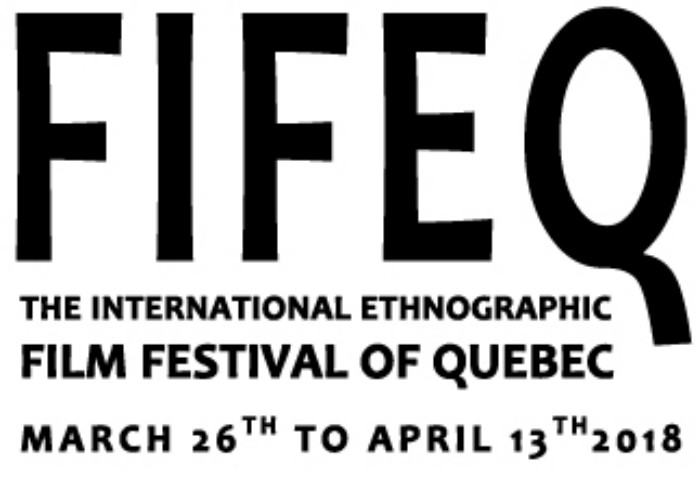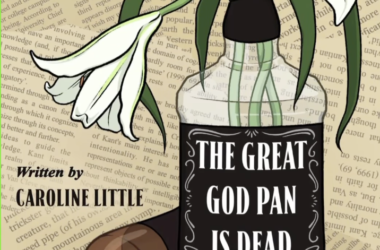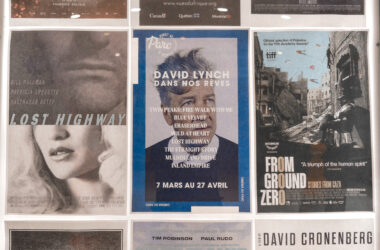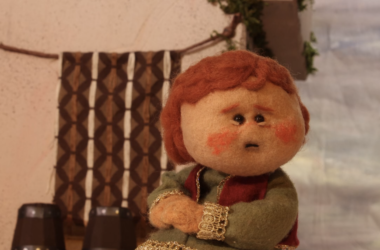The Maison de la Culture de Cote-des-Neiges, and McCord Museum will host free screenings of the International Ethnographic Film Festival of Quebec (FIFEQ). This student-run festival of non-fiction filmmaking is celebrating its 15th year with its largest program ever, playing at UQAM, UdeM, Concordia, and McGill.
Created in 2003 by a group of anthropology students at UQAM and Concordia, FIFEQ has grown steadily, expanding to Quebec City. As it has grown, the festival has remained student-run, attracting passionate volunteers from all four major Montreal universities. One such student volunteer is Lydia Seo, U3 Cultural Studies, the McGill team coordinator for the festival.
“We’ve always tried to make it accessible to the public,” Seo said. “Our goal is just to share these films, we don’t have a judging panel or awards or prizes, we just want to share.”
Ethnographic films are non-fiction, but they are distinguished from normal documentaries by their connection to the anthropological practice of ethnography: the description of other cultures and practices.
Anthropologists often write ethnographies as a means of theorizing about different aspects of society. Ethnographies can also be presented visually, as well. In ANTH 202: Socio-Cultural Anthropology, an introductory cultural anthropology course at McGill, students watched ethnographic films depicting subjects from burial rituals in India, to voodoo dancers in Haiti, to customers at an all-you-can-eat buffet in Las Vegas.
However, there are pitfalls to making films about foreign cultures.
“It’s important that the films are respectful towards the subject, and don’t exoticize them,” Seo said.
Respectful treatment of subjects was one of the criteria used to select films for the festival. This year, the coordinators of the film had to choose from 336 submissions—an indication of the festival’s growing importance. They ultimately narrowed these submissions down to 41.
Some films are 90 minutes or longer, the length of a full-length movie; others are very short. On April 10, UQAM is hosting a special feature of nine films less than six minutes in length. These films were made by Wapikoni Mobile, an indigenous film production company that focuses on indigenous issues.
The partnership with Wapikoni Mobile illustrates one of the festival’s stated themes for this year: “indigenous realities.”
Seo said that one of her favourite films at the festival is The Last of the Ice Hunters, depicting Inuits in Nunavut dealing with climate change and changing lifestyles. Another favourite is Living Here, which narrates the story of Martha Lucassie, a young Inuit woman, and her existence in the stark, but beautiful tundra.
Five films will be shown at Maison de la Culture de Cote-des-Neiges on April 11 at 6 p.m., and five more on April 12 at 6 p.m. at the McCord museum, including Last of the Ice Hunters and Living Here. For those who love ethnographic films, FIFEQ is a rare opportunity to see so many at once. For those who are unfamiliar, it is a chance to become acquainted with a unique kind of cinema.
It is a chance, moreover, to become acquainted, if only briefly, with the daily realities of people around the world, living lives very different than that of a McGill undergrad. On the brink of finals season, it could provide a much-needed dose of perspective.









